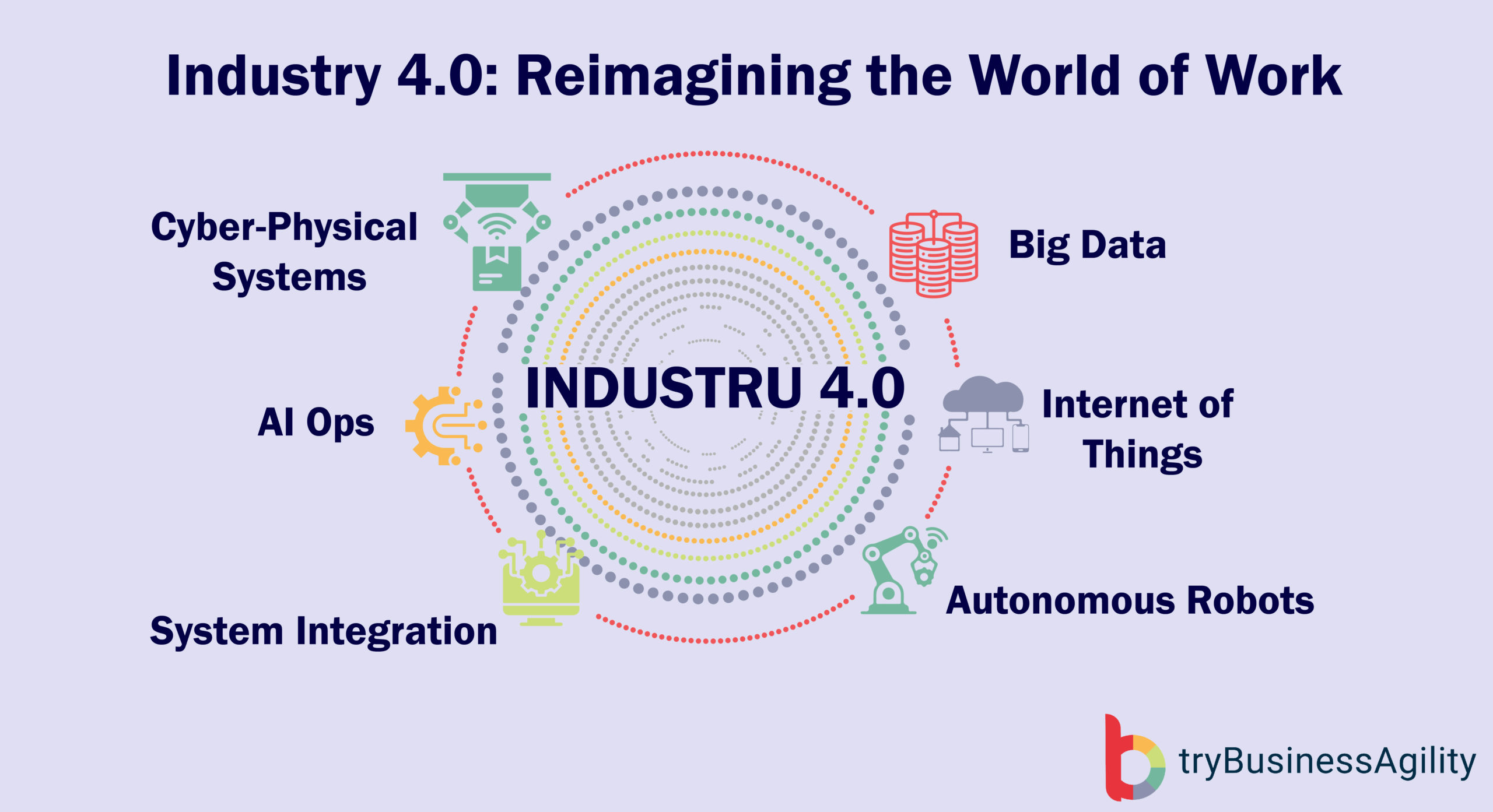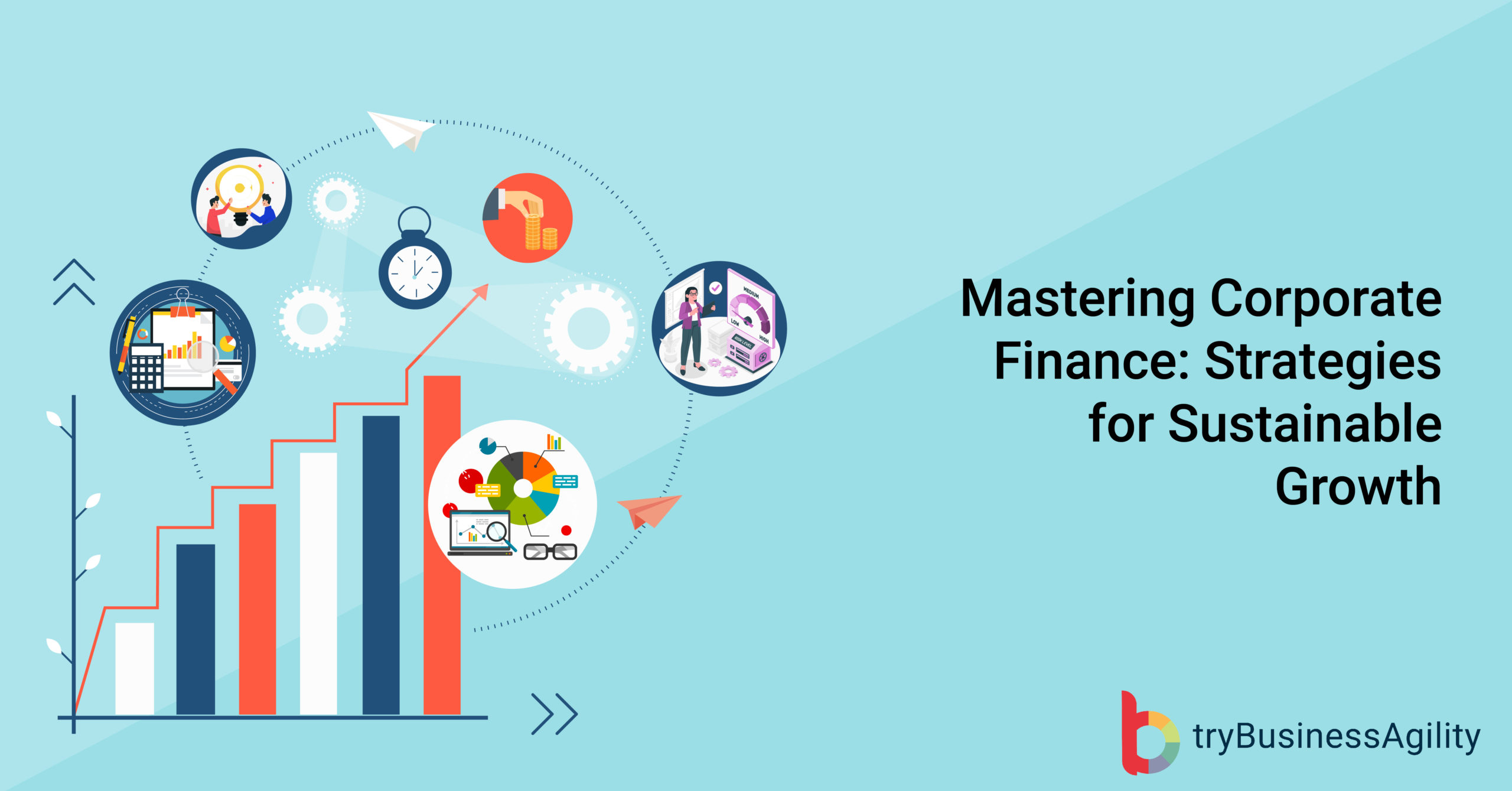Strategic leadership is crucial for leaders who aspire to drive organisational success. According to the Stanford Graduate School of Business, strategic leadership involves developing and communicating a clear and compelling vision, building strong relationships with stakeholders, and creating a culture of innovation that enables the organisation to adapt and thrive in a rapidly changing business environment. Strategic leaders must also be able to analyse complex information, make informed decisions, and allocate resources effectively to achieve strategic objectives. Ultimately, strategic leadership aims to create long-term value for the organisation and its stakeholders. In today’s fast-paced business environment, thinking strategically and making informed decisions are more critical than ever. In this blog, we will discuss the fundamental principles and most promising practices of strategic leadership, backed by statistical evidence and promising leadership models from top business schools worldwide, and examples of companies that embody these principles.
- Understanding the importance of vision and purpose
One of the fundamental principles of strategic leadership is having a clear vision and purpose for the organisation. For example, companies like Patagonia, a sustainable outdoor clothing brand, have a strong sense of purpose evident in their mission statement: to “build the best product, cause no unnecessary harm, and use business to inspire and implement solutions to the environmental crisis”. According to a study conducted by Harvard Business Review, companies with a strong sense of purpose outperformed the S&P 500 by a factor of 10 between 1996 and 2011. Therefore, leaders must have a strong vision and purpose aligning with the organisation’s mission.
- Developing a strategic plan
Another tenet of strategic leadership is developing a strategic plan that outlines the organisation’s goals and objectives. Amazon, the world’s largest e-commerce company, is an example of a company with a clear strategic plan. Bezos said the company aims to become “the most customer-centric company on earth”. With a clear and concise strategic plan, Amazon has consistently grown and dominated the e-commerce market.
- Implementing a successful leadership model
To drive organisational success, leaders must implement a successful leadership model. Transformational leadership focuses on inspiring and motivating employees to achieve their full potential. For example, apple, a technology giant, was known for its ability to inspire and motivate employees to create innovative products that revolutionised the technology industry.
- Promoting a culture of innovation
Innovation is essential for organisations to stay ahead of the competition. Leaders must create a culture of innovation that encourages employees to think outside the box and create creative solutions to problems. Google, a multinational technology company, is an excellent example of a company that promotes a culture of innovation. Google encourages its employees to spend 20% of their time on projects that are not directly related to their job, which has led to innovative products like Google Maps and Gmail. According to a study by the University of Cambridge, companies with a culture of innovation are more likely to achieve sustained growth and profitability.
- Staying up-to-date with the latest trends and technologies
Finally, leaders must stay up-to-date with the latest industry trends and technologies. By doing so, they can make informed decisions that drive organisational success. For example, Netflix, a media services provider and production company, is an early adopter of streaming technology and has dominated the media industry.
In conclusion, strategic leadership is essential for leaders who want to drive organisational success. Leaders can make informed decisions that drive organisational success by understanding the importance of vision and purpose, developing a strategic plan, implementing a successful leadership model, promoting a culture of innovation, and staying up-to-date with the latest trends and technologies. By looking at the examples of companies like Patagonia, Amazon, Apple, Google, and Netflix, we can see that these principles are essential and influential in driving organisational success.
Furthermore, the leadership models we mentioned earlier, such as transformational leadership, are promising for driving organisational success. For example, a study by the University of Oxford found that transformational leadership positively correlated with employee satisfaction, job performance, and organisational commitment.
Additionally, top business schools worldwide are researching strategic leadership and its impact on organisational success. For example, London Business School’s Leadership Institute offers courses on leadership development. At tryBusinessAgility, Our aligned leadership program provides a comprehensive view of the importance of Strategic leadership.
In conclusion, strategic leadership is vital for leaders who aspire to drive organisational success. By understanding the principles of strategic leadership, implementing successful leadership models, promoting a culture of innovation, and staying up-to-date with the latest trends and technologies, leaders can make informed decisions that drive organisational success. With examples from companies like Patagonia, Amazon, Apple, Google, and Netflix, as well as statistical evidence and promising leadership models from top business schools worldwide, it is clear that strategic leadership is crucial for driving organisational success.
tryBusinessAgility, a flagship of tryScrum. Our mission is to discover, preserve and distribute knowledge and capabilities to enable the next generation of organisations to be capable and resilient.
Contact
Plot : 2, F1 - Studio, Nest Gaura, Sundaram Colony, Chennai - 600073
support@trybusinessagility.com
+91 9789490848
© 2024 Copyright trybusinessagility.com All Rights Reserved.







